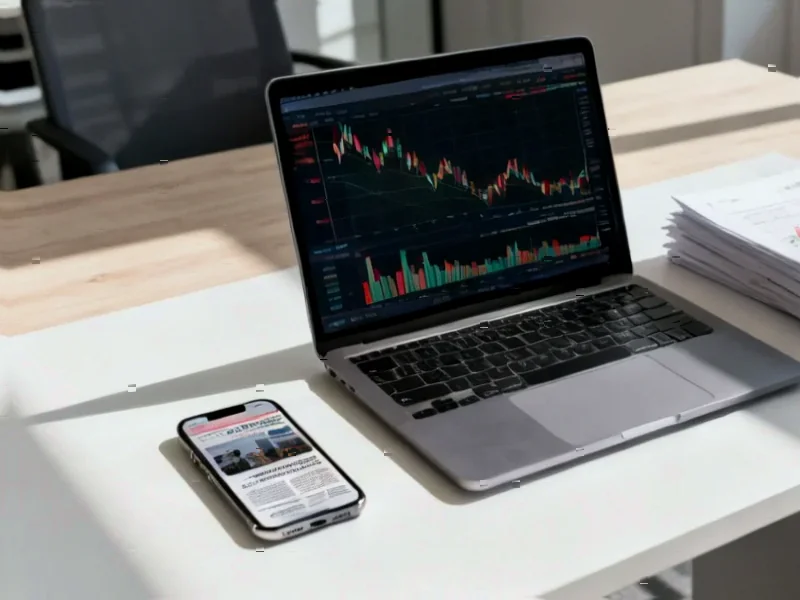According to Business Insider, Beyond Meat stock fell as much as 16% on Monday after the company announced it would delay its third-quarter earnings report to November 11. The plant-based meat maker cited the need to recalculate a material non-cash impairment charge, noting it cannot yet reasonably quantify the amount. This extends a weeklong decline that has erased much of September’s blistering 1,300% meme-fueled rally over just four days, which briefly pushed the penny stock toward $10 per share. The delay has disappointed retail investors on platforms like the byndinvest subreddit who had been counting on the earnings report as the next positive catalyst, with the stock now down 63% year-to-date despite the recent speculative surge.
The Impairment Charge Tells a Deeper Story
What Business Insider’s report doesn’t fully explore is what this “material non-cash impairment charge” actually signifies for Beyond Meat’s business model. Impairment charges occur when a company’s assets—factories, equipment, intellectual property, or goodwill—are worth less on the market than their recorded value on the balance sheet. For Beyond Meat, this likely means their production facilities, specialized equipment, or acquired brands are no longer generating the expected returns. The company’s official announcement indicates they need “additional time, resources and effort” to finalize this assessment, suggesting the problem is complex and potentially widespread across their operations.
The Meme Stock Paradox
The recent 1,300% surge, while dramatic, created a dangerous disconnect between market sentiment and business fundamentals. Retail investors on platforms like Reddit’s byndinvest community became caught in what behavioral economists call “the greater fool theory”—buying overvalued assets hoping to sell to someone else at an even higher price. The community discussions reveal a mix of genuine belief in the company’s potential and speculative gambling mentality. However, meme stock rallies typically lack the sustained institutional support needed for long-term price stability, making them vulnerable to exactly this kind of fundamental disappointment.
Beyond the Hype: A Broken Business Model
Beyond Meat’s core problem isn’t stock volatility—it’s a fundamentally challenged business model in a cooling plant-based meat market. The company faces shrinking demand as consumers question both the health benefits and premium pricing of plant-based alternatives compared to traditional meat. Their operating losses have been persistent, and this impairment charge suggests they’re now forced to acknowledge that their growth assumptions were overly optimistic. The delay itself creates additional problems—extended uncertainty often leads to institutional investors reducing positions, creating further downward pressure on the stock regardless of retail sentiment.
Strategic Implications and Market Position
The timing of this delay couldn’t be worse for Beyond Meat’s competitive positioning. While they’re dealing with accounting issues and investor relations challenges, competitors like Impossible Foods continue to innovate and capture market share. The plant-based meat sector overall is experiencing a correction after years of hype-driven overinvestment. Companies that can’t demonstrate a clear path to profitability are facing increased scrutiny from both investors and retailers. Beyond Meat’s inability to even quantify their impairment charge suggests deeper operational issues that may require significant restructuring or strategic pivots.
The Fallout for Different Investor Classes
This situation creates a classic conflict between retail investors hoping for another meme-fueled surge and institutional investors focused on fundamentals. The delay gives sophisticated investors more time to analyze the company’s deteriorating position, potentially leading to further selling pressure before the November 11 report. For retail traders who bought during the September frenzy, this represents a painful lesson in the risks of chasing meme stocks without understanding the underlying business. The company’s management now faces the dual challenge of addressing serious financial issues while managing unrealistic expectations from their retail investor base.




